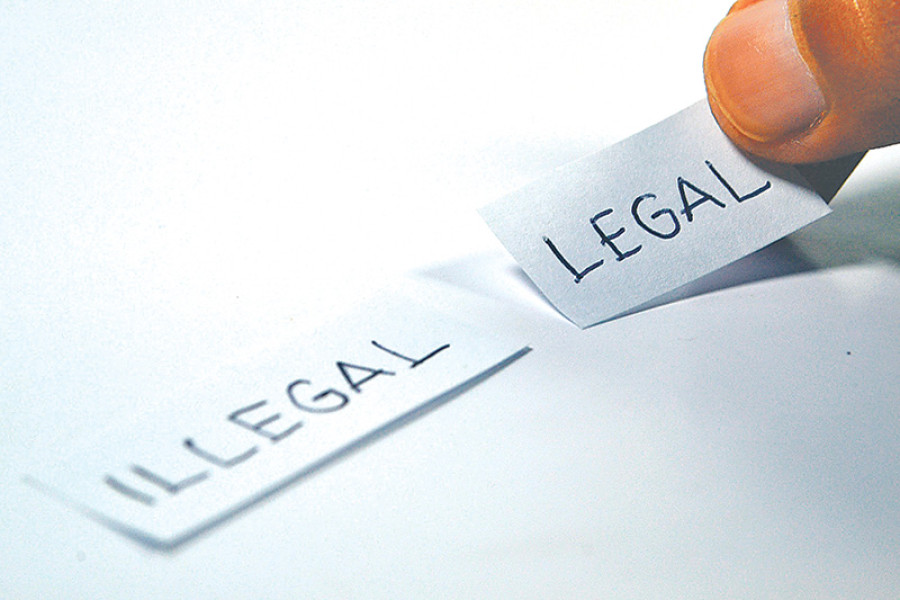Entertainment
Is breaking the law justifiable?
Even when everyone seems to be clear about the consequences of breaking the law, people somehow eventually end up breaking it.
Saurav R Pandey
Even when everyone seems to be clear about the consequences of breaking the law, people somehow eventually end up breaking it. To put that into perspective, right from Gandhi’s defiance of British colonial laws over the empire’s monopoly to Martin Luther’s movement for civil rights, rules have always been broken. Hence the confounding question, which is as old as Socrates, remains, “When is it justified for a citizen to act as his own legislator and decide that he will or won’t obey the given law?” While this question may have different answers, I believe that we citizens should be able to differentiate between good and evil. This is to say, if the laws need to be broken for the right cause even with hard consequences, breaking the law can be justified. And if the law protects a society from crime and criminals, it should be complied with.
Martin Luther King once said, “Freedom is never voluntarily given by the oppressor; it must be demanded by the oppressed,” implying that individuals who are the members of privileged groups in the society rarely want to give up their privilege willingly. Thus, breaking the law becomes a necessity and can be justified because one cannot simply endure such unjust law. On the other hand, laws are destined to be perceived faulty by some, and to bring about a change or correct the incorrect, laws must be broken. For example, during the late 18th century African-American citizens were discriminated and neglected from civil rights and voting rights. For this reason, to bring about change, Martin Luther king initiated the 1950s civil rights movement and thereby breaking the law he ended the legal segregation of the African-American citizens. Breaking law here also led to the creation of the Civil Rights Act of 1964 and the Voting Rights Act of 1965. Likewise, American War of Independence and Indian National Movement are also some of the instances of people going against the law to fight for their own rights.

Sometimes people break the law not because they don’t know the consequences but because of the greater law they follow: the law of morality. Whether it is through civil disobedience, vigilantism or through eco-terrorism, one cannot be content to obey those laws that are morally wrong. Moreover, one has a moral responsibility to disobey the unjust laws, and to do so, such laws must be broken. The White Rose, a non-violent group in Nazi Germany, broke several laws and went for active opposition to Dictator Adolf Hitler’s regime since their conscience told them that killing Jews was wrong and that it was unjust. They followed their hearts and let their own voices lead them instead of the voices imposed on them.
But is every law broken justifiable? Definitely not! If everyone started breaking laws just because they thought that they had a good reason, the society would be in chaos.
- Pandey is an A-levels graduate from Rato Bangala School




 10.17°C Kathmandu
10.17°C Kathmandu










